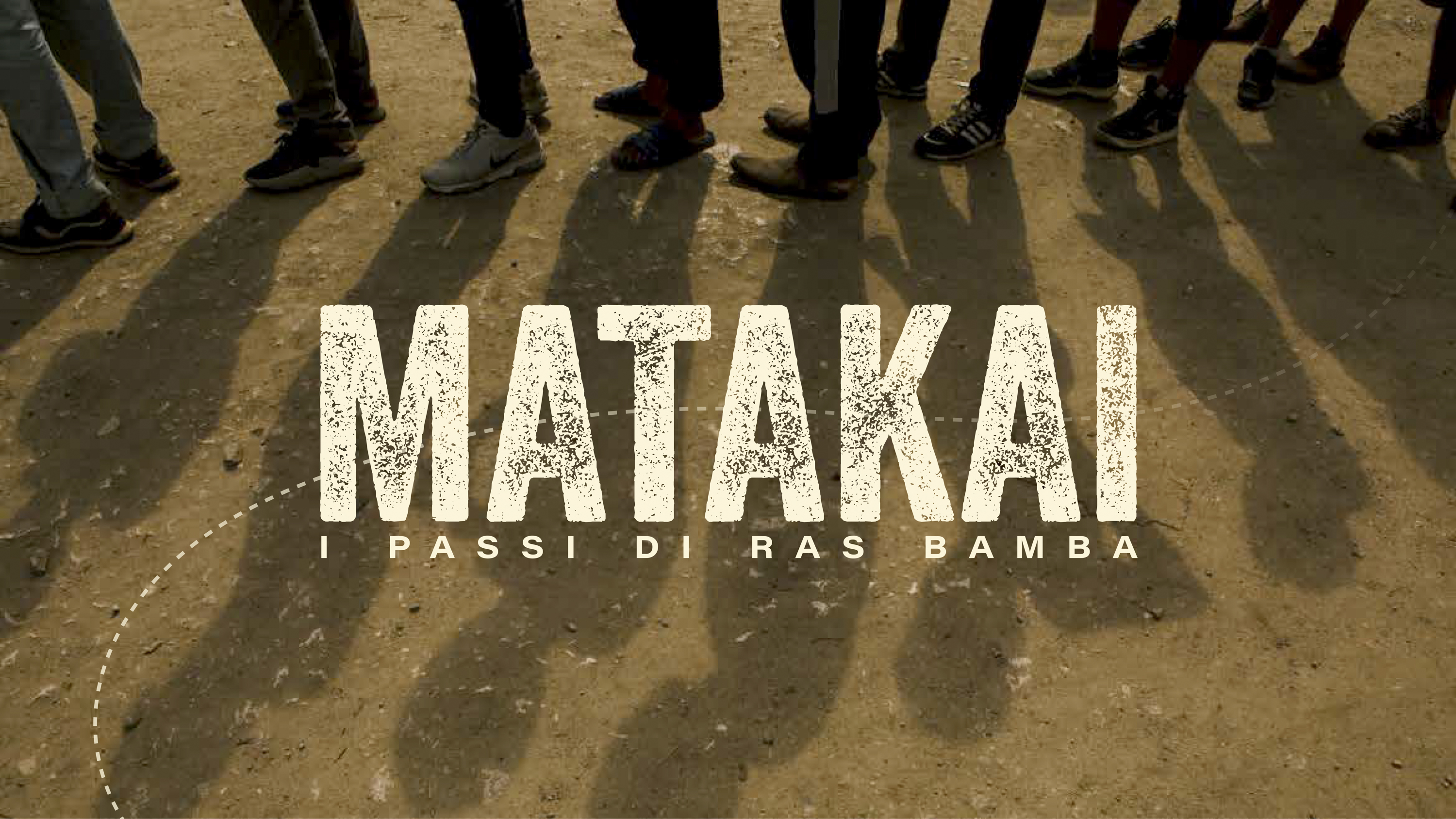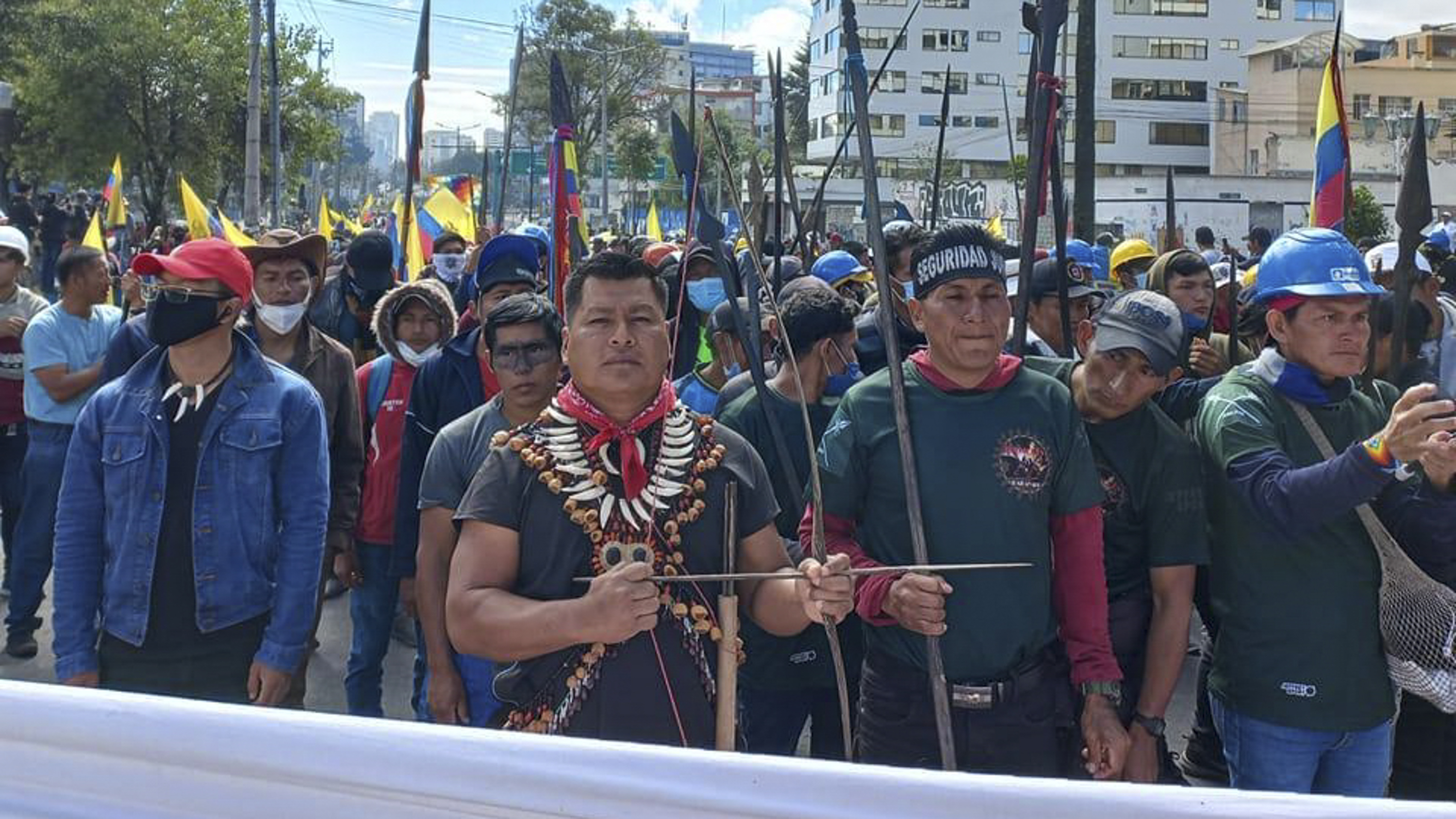The vulnerable conditions of the Haitian population in the Dominican Republic. Many are forced to leave Haiti seeking refuge in Dominican territory due to extreme poverty and gang violence.
On October 2, 2024, Dominican President Luis Abinader announced a plan to deport Haitians irregularly present in the country. This plan, although in continuity with previous policies, represents a tightening in the practice of collective expulsions.
Measures in line with decades-old policies, which reveal the systematic intention to keep the Haitian and Haitian-descendant population in conditions of migratory irregularity in the Dominican Republic, making them vulnerable and subject to blackmail.
Twelve years ago, a sentence by the Dominican Constitutional Court retroactively revoked the citizenship by ius soli of tens of thousands of children of Haitian immigrants, making them stateless. Furthermore, the Dominican Republic does not recognize any form of international protection for those fleeing a context of generalized violence. Finally, the legal channels available to Haitian citizens to work and, therefore, reside regularly in the Dominican Republic are suspended.
The ongoing mass deportations have increased the risk of human rights violations: a hunt for Haitians has been unleashed. Those expelled also include unaccompanied minors, elderly people who have lived in the Dominican Republic for more than half a century, people with disabilities, and pregnant women or women who have recently given birth. In the rush to reach the goal of 10,000 weekly expulsions, Afro-descendant Dominicans have also been mistakenly deported. Arrests and expulsions often come in a climate of arbitrary violence, with soldiers storming private property at any hour, packing hundreds of people into trucks that could carry only a few dozen.
Haitian communities in the Dominican Republic are living in a climate of constant fear: during the day, Haitian workers are exploited as cheap labor on construction sites and in agricultural fields, and at night, they keep vigil in their homes, ready to pick up their children and run into the woods at the first sign of an approaching military patrol. Fear of deportation is even inducing many not to send their children to school and to avoid going to public hospitals, even in emergencies.
Ayisyen – Ser haitiano en Dominicana

In 2024, Dominican President Abinader announced a plan to deport Haitians who were irregularly present in the country: 10,000 weekly expulsions. Those expelled also included unaccompanied minors, elderly people, people with disabilities and pregnant women or women who had recently given birth.
Arrests and expulsions often came in a climate of arbitrary violence, with soldiers storming private property at any hour, packing hundreds of people into trucks that could only carry a few dozen.
Matakai – I passi di Ras Bamba

“Matakai – I passi di Ras Bamba”. Ras Bamba (Chief Bamba) retraces his steps, to the key places of his long European experience, to narrate them in first person.
Reflections, dialogues and explorations of a now mature person who wants to leave a sort of “testament” to those who from Ghana want to undertake the long journey across the Sahara and the Mediterranean.
No disincentives or encouragement: Ras Bamba only wants to convey his post-crossing experience, his personal balance, in the most sincere way possible.
And he does it through the tool he knows best: the video camera.
The struggle of the Cofán people

Eduardo Mendúa Vargas was the director of International Relations of the Conaie Ecuador (Confederation of Indigenous Nationalities of Ecuador) and belonged to the Cofán nationality of the Amazonian province of Sucumbios. He has spent his entire life defending his territory, which is particularly rich in oil and continually under attack by those who only want to profit from it.
On February 26, 2023, he was brutally murdered while taking care of his home garden. Five hooded men shot him twelve times in cold blood. He was only 39 years old.
The Cofán people, who found a point of reference in Carla, Eduardo’s niece, continue to carry out their fight to defend their territory against the intervention of the oil companies.
Dalla guerra | Cronache di ordinaria oppressione

I wrote a book called “Dalla Guerra. Cronache di ordinaria oppressione”.
Ten news reports are proposed in this collection (from Africa to South East Asia, by way of Middle East).
Ten stories in which I tell what I lived, saw and heard at first hand, throwing the reader into the world’s kill zones and giving him the opportunity to look at them from the inside.
Africa coast to coast | 20 miles per hour
From West to the East on a Vespa. Thousands of miles in several countries on the Italian icon of the two-wheels. Two reporters, Luca Pistone and Andrea de Georgio, each one on his moped, chewing up tarmac, dust and mud riding at 20 miles per hour. A journey featured by slowness and the desire to be in-sync with the famous “african pace”.
Living costantly in touch with the local population, sucking in the culture, costumes, fashions, music and food. Being hosted by strangers, sleeping outdoors.
Sharing. Baffling thanks to the Vespa. All this and much more in Africa coast to coast.
























